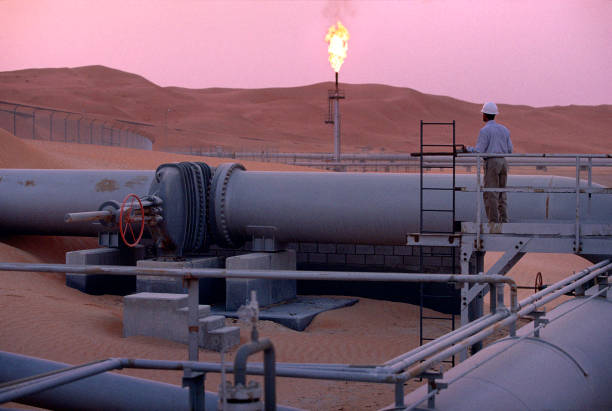WTI falls to near $72.50 as OPEC+ plans to increase production

- WTI price depreciates as Eight OPEC+ members are set to raise production by 180,000 barrels per day next month.
- Crude Oil prices may find support due to supply concerns arising from export disruptions in Libya's Oilfields.
- Oil faces challenges due to weak demand in China and the United States.
West Texas Intermediate (WTI) Oil price falls for the second successive session, trading around $72.50 per barrel during Monday’s Asian hours. This decline may be linked to the Organization of the Petroleum Exporting Countries and their allies (OPEC+) plans to increase production in the coming quarter.
Reuters reported, citing six sources, that OPEC+ is poised to move forward with a planned increase in Oil output starting in October. Eight OPEC+ members are set to raise production by 180,000 barrels per day (bpd) next month as part of a strategy to begin unwinding their most recent reduction of 2.2 million bpd, while maintaining other cuts until the end of 2025.
However, the decline in crude Oil prices may be limited due to supply concerns stemming from export disruptions in Libya's Oilfields caused by a standoff between factions. Nevertheless, the Arabian Gulf Oil Company has resumed production at up to 120,000 barrels per day to meet domestic demand.
Weak demand in China and the United States (US), the world's two largest Oil consumers, could exert downward pressure on WTI prices. An official survey showed that China's manufacturing activity fell to a six-month low in August, with factory gate prices dropping significantly. This has prompted Chinese policymakers to push forward with plans to increase stimulus for households.
In June, Oil consumption slowed to its lowest seasonal levels in the US since the coronavirus pandemic of 2020, according to data from the US Energy Information Administration (EIA) released on Friday. ANZ analysts noted a potential downside in growth for 2025, influenced by economic challenges in China and the US. They believe OPEC may have to postpone the phase-out of voluntary production cuts if it aims to achieve higher prices.





